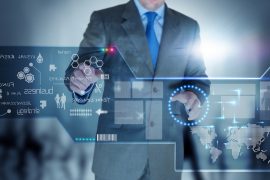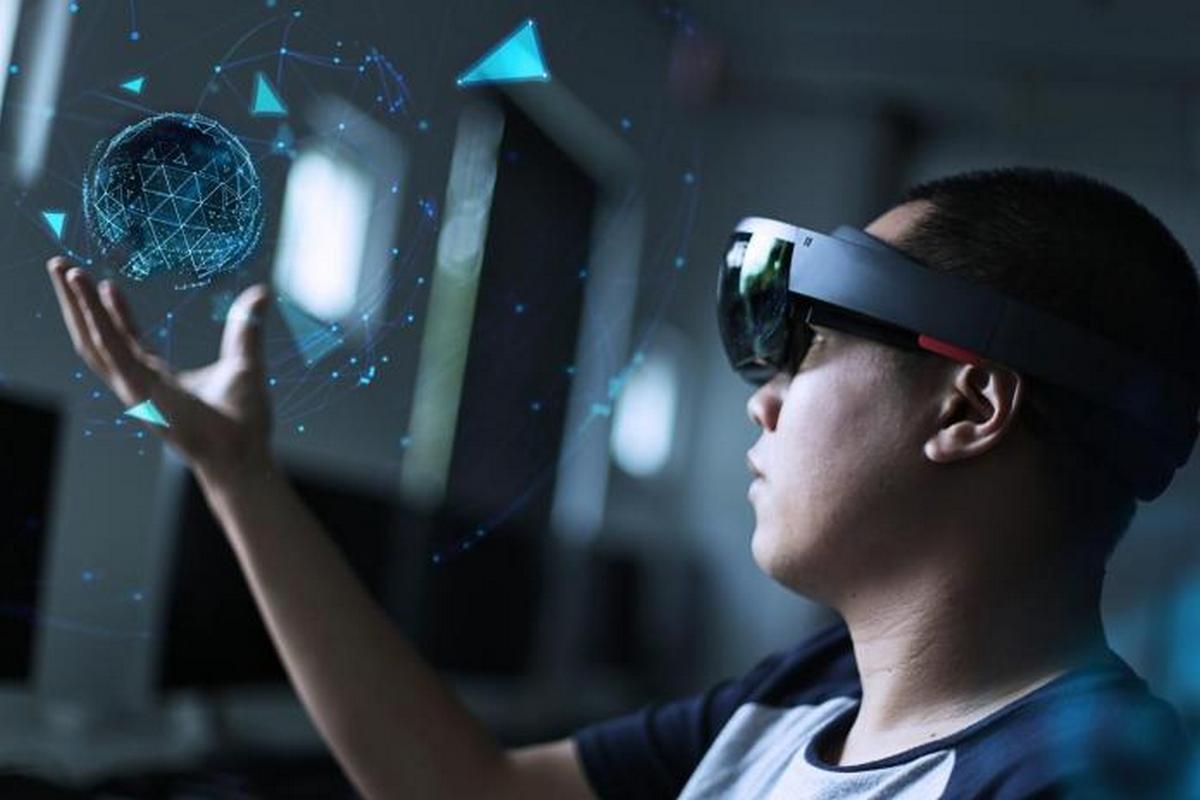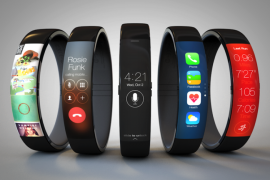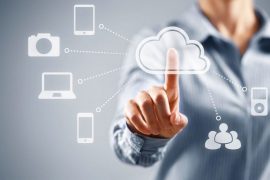AI is the primary driver of emerging technologies like robotics and IoT, and big data will continue to be a technological innovator well into the future. With the Tesla founder and tech giant Elon Musk recently donating over $10 million to fund ongoing research at the non-profit research company OpenAI, you can be sure where he leads other innovators will follow.
After more than seven decades in the making, AI has taken a center stage like never before. So with that in mind, let’s look at the future of AI and how it will change the world. Now, this isn’t just some sci-fi fantasy. AI will have a real impact on the world within the next decade, affecting almost every industry from casinos to healthcare. This includes transportation, which many can agree is in need of some urgent upgrading.
Transportation of the Future
Although it could take a few more years to perfect them, it’s almost certain that one day autonomous cars will ferry us from place to place. Our old friend Elon Musk has already made some headway into domestic and commercial travel. Musk owns SpaceX, founded in early 2000 with a mission statement, “to reduce the space transportation costs and enable the colonization of Mars and beyond.”
Incredible as that statement is, it’s not all Musk, and SpaceX plans to turn its attention to domestic travel as well. Plans are in motion to develop a revolutionary travel model that he says will enable a 30-minute flight from London to New York. Basically Concorde on steroids. The obstacles Musk will have to maneuver for this to be a reality means that it’s unlikely to happen in the next 30 years unless, of course, he has something up his sleeve.
Along with a 30-minute commute, Musk and SpaceX are going eco friendly on the space race with a reusable rocket design. Decades after launching his company, SpaceX now works with NASA to send astronauts to the International Space Station, and Musk continues his original mission to inhabit Mars.
Personally, if he can make the trains and buses run on time, that would be beneficial enough.
Modern Manufacturing
Robots work with humans to perform tasks like stacking and assembly, and AI predictive analysis sensors keep equipment running.
In the warehouses of online giant Amazon, there are more than 100,000 robots but the picking and packing functions are still performed by humans. However, that is set to change as AI is on track to take over all of the mundane tasks.
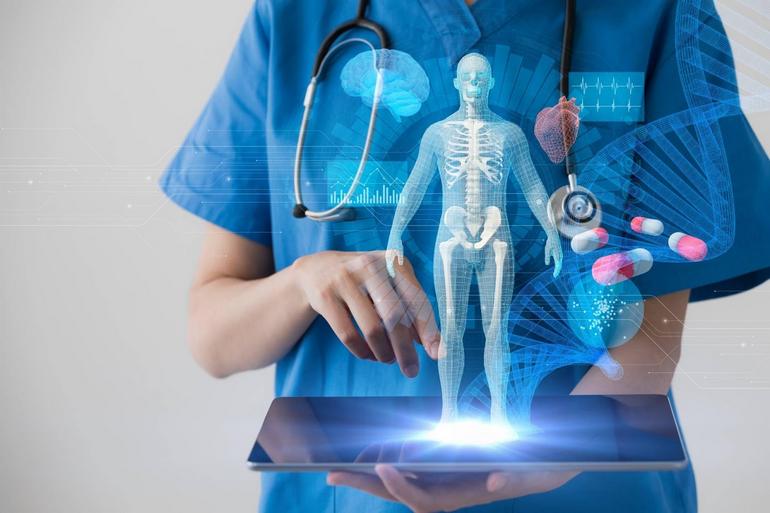
Healthcare
In healthcare, AI is a slow starter. However, recent reports have shown that AI is quicker and more accurate at detecting diseases. By using analytics, drug discovery is sped up and streamlined. Virtual nursing assistants monitor patients, while big data analysis creates a personalized patient experience.
In the laboratory and with the help of AI, generic medicine is tailored to your exact genome. AI algorithms will enable hospitals and healthcare professionals to analyze data and customize their health plans to each patient’s genes, environment, and lifestyle.
From diagnosing diseases to deciding what cancer treatment will work best for an individual, AI will be the driver in the personalized medicine revolution and, in doing so, save time and money.
Education
Imagine digitized textbooks. Virtual AI tutors would be able to assist real-life teachers by using facial analysis to gauge students’ emotions and detect who is struggling or bored. They would then be able to better tailor the experience to their individual needs.
With technology comes change, and education will need to change with it. More and more people must learn new skills to keep up. Take programming. Programming is the future. This means that if you don’t know how to code and therefore don’t know how to program, then finding a job may become more difficult.
Media and Entertainment
Some areas of journalism are harnessing AI, too. The business and financial data company Bloomberg uses Cyborg technology to help make sense of complicated and tedious financial reports. It is also reported that the Associated Press employs the language abilities of an Automated Insights program to produce earning report stories faster and more accurately than any human.
Luckily until AI learns a sense of humor, novels and specialist magazines are safe – but the same may not be true of how we entertain ourselves. Predictions say the way we watch TV will change. You could sit on your couch and order up a custom movie featuring virtual actors of your choice. The studios could even go so far as to use tech to predict programs that will analyze a film script’s storyline and forecast its box office potential.
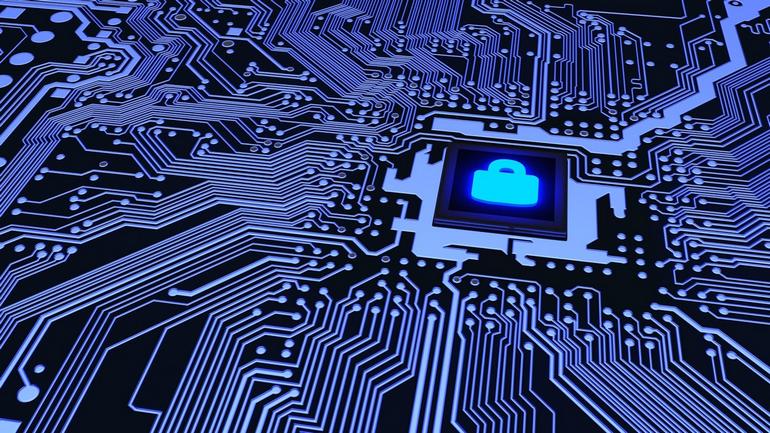
Security and Cybersecurity
According to a US government report, there were 708 million cybersecurity breaches in 2015 and 600 million in the first half of 2016 alone. There’s little doubt that companies are struggling to stay one step ahead of hackers. Cyber experts say the self-learning and automated capabilities enabled by AI can protect data, keeping people safe from identity theft and even terrorism.
AI tools look for codes and patterns associated with computer viruses and programs and interrupt them before they can steal sensitive information. Still, the hackers use AI too, so it’s an enormous cat and mouse game keeping the criminals at bay.
Customer Service and Everyday Vital Tasks
Google is working on an AI assistant that can place more human-like automated calls, such as when you ring up your neighbourhood dentist to make an appointment. In addition to words, the new system understands context and nuance and can respond accordingly. So, when you say, “I just want to talk to a human,” the customer service human will likely be an AI assistant.
While in the home, AI assistants help older people stay independent for longer. Modern AI tools will keep nutritious food stocked up in smart fridges, make high-up objects safe to reach, and monitor the movement in the home. In the future, robots could do menial tasks like wash windows and cars and even help with more vital things like bathing and hygiene.
All the other boring jobs that are repetitive are perfect for AI-based tools. But the AI-assisted work is even more vital in dangerous fields like firefighting, clearing mines, and handling radioactive materials or even bombs.
Before we get too bogged down and depressed that robots are taking over the world, just know this – AI currently has no creativity and is useless as it has no capacity for compassion or love. Hence, it’s a tool designed to amplify human ingenuity.
In the bigger picture, what we can take from this article is those with jobs that involve repetitive or routine tasks must learn new skills so as not to be left by the wayside. Most large corporations offer their employees a chance to retrain for jobs in the modern age, which has to be a good thing.



